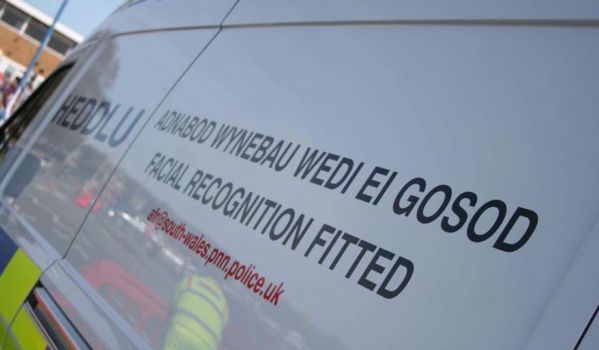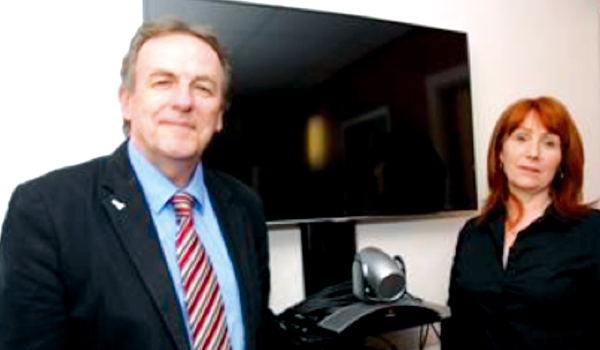Facial recognition proves 'more than a match' as jail sentences handed to offenders
A force has defended its decision to trial all face recognition (AFR) technology during last year’s Champions League final in Cardiff after only eight per cent of identifications proved accurate.
South Wales Police says, when it comes to arrests and successful convictions, the NEC’s NeoFace Watch software platform proved more than a match for offenders.
AFR ‘Identity’ allows officers to load images of persons of interest and compare them against 500,000 custody images to see if there is a possible match.
And AFR ‘Locate’ uses live feeds from CCTV type cameras based either at specific, fixed locations or cameras secured to the top of one of a vehicle to locate persons on prescribed watch lists.
And the result in the nine months since becoming the first force to introduce the groundbreaking programme is more than 2,000 positive matches, 450 arrests and offenders facing jail terms of six and four-and-a-half years respectively for robbery and burglary offences.
While no facial recognition is 100 per cent accurate under all conditions, no one has been arrested after an incorrect match, the force added.
SWP Chief Constable Matt Jukes pointed to the “reality” of the technology assisting at major sporting events in crowded places that are potential terror targets.
He told the BBC: “We need to use technology when we’ve got tens of thousands of people in those crowds to protect everybody, and we are getting some great results from that.
“But we don’t take the use of it lightly and we are being really serious about making sure it is accurate.”
The force found itself on the defensive after deciding to trial the project during a weekend that saw 170,000 football fans in the Welsh capital.
The AFR software wrongly identified 2,297 people as potential offenders as officers patrolled the Champions League final between Real Madrid and Juventus at the Principality Stadium on June 3 last year.
According to data on the force’s website, that represented 92 per cent ‘false positives’ out of 2,470 potential matches – with just 173 providing ‘true positive alerts’.
The force blamed the high number of false positives at the football final on “poor quality images” supplied by agencies, including Uefa and Interpol, as well as the fact it was its first major deployment of the technology.
The statistics provided by the force, covering the period up to March this year, also showed other occasions – including sporting events and gigs – when the technology had been used.
Officers patrolling boxer Anthony Joshua’s world heavyweight title fight with Carlos Takam in Cardiff recorded five true positives compared to 46 false ones. They also included the Elvis Festival in Porthcawl , where there were ten positive alerts and seven false positives, as well as during Wales’ four rugby autumn internationals when there were 15 true positives and 71 false positives.
All six matches at a Liam Gallagher concert in Cardiff in December were valid. The technology was also used at shows by Stereophonics and Kasabian.
If the system throws up a false match, the operator can disregard – which the force says happens in “the majority of cases” – or dispatch an intervention team.
And a SWP spokesperson said it is a fairly straightforward response for an officer to “quickly establish if the person has been correctly or incorrectly matched by traditional policing methods”.
The force says it is aware of privacy issues on AFR and built in “checks and balances into our methodology to make sure our approach is justified”.
The force added: “Regular discussions are held with partners in relation to the Data Protection Act and the General Data Protection Regulation. All of the partners are fully integrated into our strategic aims for the project and attend our Facial Recognition Strategic Partnership Board on a quarterly basis.
“Technical issues are common to all face recognition systems, which means false positives will be an issue as the technology develops.
“Since initial deployments during the European Champions League final in June 2017, the accuracy of the system used by South Wales police has continued to improve.”




